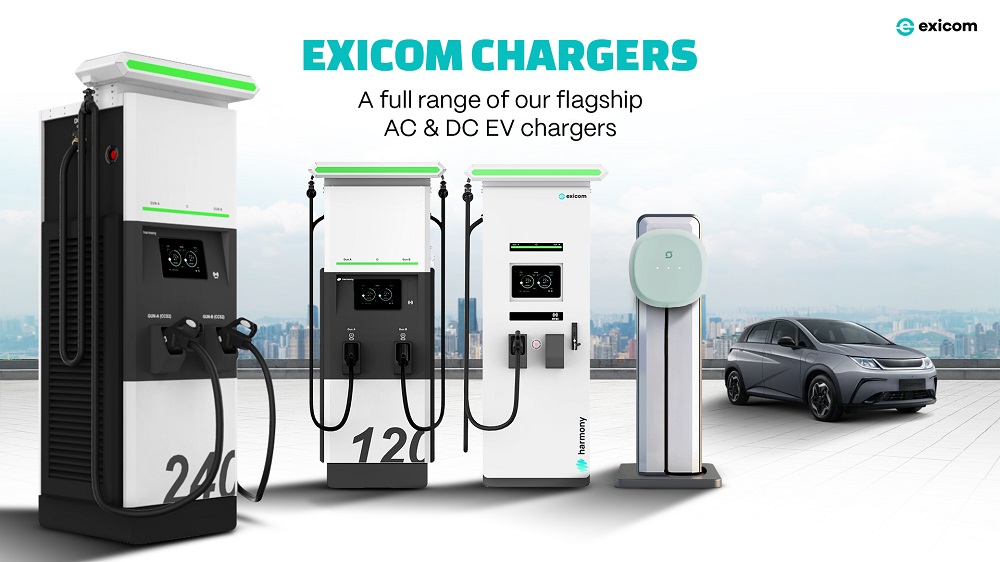According to the Ministry of Heavy Industries, the implementation of the ACC Production-Linked Incentive (PLI) scheme is set to spur the establishment of over 140 GWh of gigafactories across the nation by 2030. As of August 2024, nearly four million electric vehicles (EVs) have been sold in India, with projections indicating continued growth driven by the government’s renewed emphasis on EV adoption through the PM-e Drive initiative. These changes mark a significant turning point in the battery industry, with an estimated 90-100 GWh of End-of-Life ACC batteries expected to enter the Indian market annually by 2030. Presently, around 30,000 MT of discarded ACC batteries are circulating in the marketplace. This substantial waste stream highlights the urgent need for a thorough policy and regulatory framework to promote battery circularity. With this context, Industry body India Energy Storage Alliance (IESA) organized the India Battery Recycling and Reuse Summit 2025 runner up to Bharat Battery Show, a part of Bharat Mobility 2025 at NDMC Convention Center, New Delhi today. Addressing the summit, Shri V.P. Yadav, Director, Central Pollution Control Board(CPCB) said, “Considering all the challenges faced by recyclers, we have designed a system in which producers who fail to meet their obligations will face financial penalties. These penalties will ultimately benefit the recyclers, as they generate credits that are then transferred to producers in exchange for compensation.”
The Central Pollution Control Board (CPCB) has established a requirement for the registration of recyclers and producers within the system, while also developing a central portal to centralize information. This portal provides a single access point for all necessary data. Although the portal is still maturing—having been developed over the past year—we are now generating and transferring Extended Producer Responsibility (EPR) credits to producers. Our goal is to provide you with a seamless process through this platform and its tools. We are also encouraging recyclers because we understand that without profitability, the recycling business will not thrive. Therefore, our efforts are driven by economic factors, Mr. Yadav added.
While the Battery Waste Management Rules 2022 have set a strong foundation for Extended Producer Responsibility (EPR) in India, further dialogue is essential to align with industry expectations and explore policy measures that support recycling and reuse initiatives. The industry leaders shared their insights and recommendations to the policy makers for further strengthening of the industry.
Mr. Debi Prasad Dash, President, IESA emphasized, “IESA Closely work with 20+ battery recycling and second life players out of its 200+ member organisations and works very closely with government bodies like the Ministry of Environment, Forest and Climate Change (MoEFCC), Ministry of Mines and Ministry of Heavy Industries (MHI) to create a robust circular economy framework for advanced batteries. Additionally, we are collaborating with the Bureau of Indian Standards (BIS) to create testing standards for second-life or repurposed batteries. It is essential to have appropriate testing standards in place before utilizing these batteries again. This is a crucial topic for many of our member companies, as they question why we are including reuse or second-life applications alongside recycling. Recycling is vital, but so is reuse. Both practices are crucial for the ecosystem. Our goal should be to retain as much lithium as possible within India.
This summit was aimed at delving into battery recycling and reuse technologies, examine the global landscape, discuss safety standards, and identify key opportunities and challenges within the industry. Join us as we shape the future of battery sustainability in India.
Highlighting the challenges faced by the recycling industry, Rajat Verma, Founder, Lohum and Chair India Recycling and ReUSe Council (IRRC) said, “there are several issues that we as an industry are grappling with, these include formalizing the informal sector, building traceability into the circular economy, establishing standards for recycling, and developing a skilled workforce to support the recycling industry. We also need to bring in modern technology, as outdated solutions may not meet future requirements. Additionally, providing adequate funding and ensuring that the incentive framework within our policies is fair for everyone are crucial aspects we must address. To tackle these issues effectively, it is essential for all stakeholders to come together. We need to share our experiences, discuss the challenges we face, and collaborate on potential solutions. I think that is the only way the policy makers who have been extremely kind to listen to us so far will be able to truly understand what is happening on the ground so that they can iterate that particular policy.”
Currently, there are over 20+ emerging battery recyclers in the country. It would be fantastic to see, in five years, the emergence of five billion-dollar Indian companies within the recycling sector, Mr. Verma added.”
To develop a robust battery recycling and sustainable second-life applications ecosystem in India, Industry body IESA launched the India Reuse and Recycling Council (IRRC). With the aim to identify opportunities and challenges and prepare a roadmap for creating a sustainable ecosystem for second-life applications and the recycling of batteries, the council collaborates with global organizations to share best practices and contribute to improving battery recycling practices and standards.
About IESA
About India Energy Storage Alliance (IESA):
India Energy Storage Alliance (IESA) is a leading industry alliance focused on the development of advanced energy storage, green hydrogen, and e-mobility technologies in India. Founded in 2012, by Customized Energy Solutions (CES), IESA’s vision is to make India a global hub for R&D, manufacturing, and adoption of advanced energy storage, e-mobility, and green hydrogen technologies.
The alliance has been at the forefront of efforts seminal in shaping an enabling policy framework for the adoption of energy storage, electric mobility, green hydrogen, and emerging clean technologies in India.
With close to a decade of experience, IESA provides its member network a holistic eco-system to network and grow their business in India and world over by providing in-depth analysis of the market, facilitating dialogue between industry and government stakeholders, and providing the latest skill-development training. Over the years, IESA has launched several initiatives that support its member companies to stay ahead of the curve.
Today IESA is a proud network of 180+ member companies, encompassing industry verticals from energy storage, EV manufacturing, EV charging infrastructure, green hydrogen, microgrids, power electronics, renewable energy, research institutes and universities, and cleantech startups.



